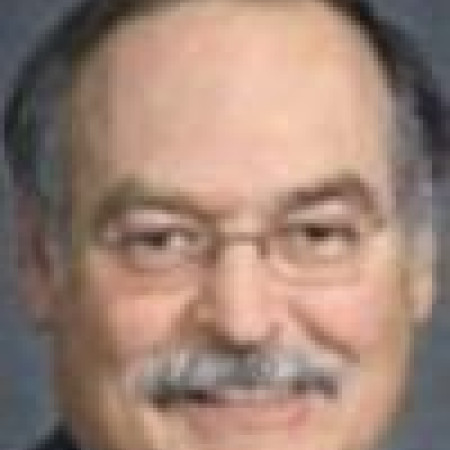Energy
Mark Levine - China’s Environmental Sustainability Myths Dispelled
Like Russia, China has been a huge and inefficient user of energy for decades. Now, however, the country is cleaning up its act. In this audio lecture, sponsored by the Stanford Center for Social Innovation, Mark Levine, Lawrence Berkeley Lab energy group director, dispels common American myths about China's energy and environmental practices, demonstrating that the country is becoming surprisingly progressive. He touches on areas such as subsidies, pricing, and emissions policies.











